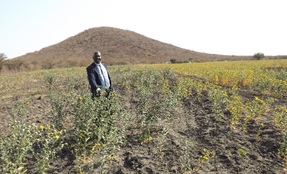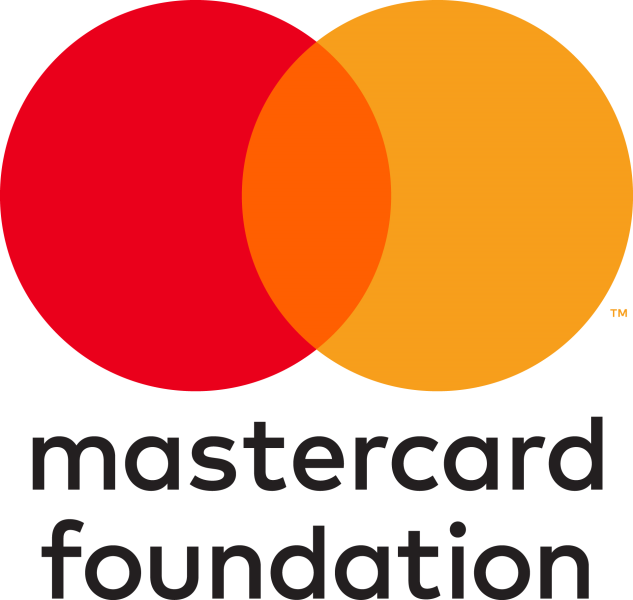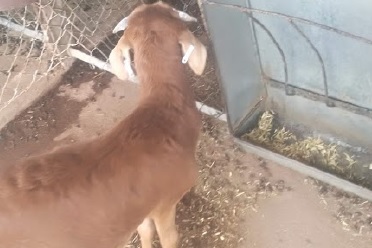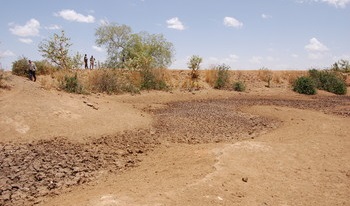 Project Summary
Project Summary
This CARP project aims at undertaking on-farm safflower research with the goal to: 1) mitigate the effects of climate change in a semi-arid country such as Botswana; 2) improve food security, reduce reliance on food imports and improve income levels of farmers in Botswana through the sale of safflower products such as oil, processed petals, cut-flowers, vegetable and cake after oil extraction for livestock feed, hence reduction in poverty and hunger; 3) improve the livestock sub-sector through the availability of feed (seeds, cake, direct grazing, hay and silage) hence reduction in feed importation, increased farmer income, reduction in poverty and hunger; 4) improve health and well-being of Batswana of all ages through use of safflower oil in cooking, salad dressings, and making baby foods which has plenty of health benefits due to the polyunsaturated and monounsaturated linoleic and oleic fatty acids; 5) promote safflower product development such as cooking oil, biodiesel, cut flowers, animal feed, raw and processed vegetables, herbal teas, pharmaceuticals, etc . Read More
 Project Summary
Project Summary


 Project Summary
Project Summary

